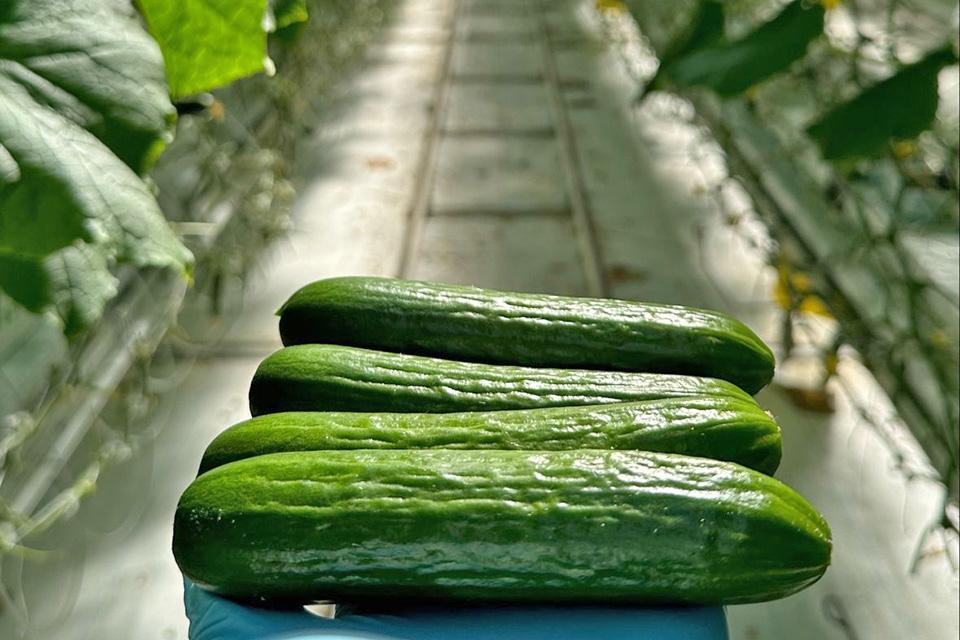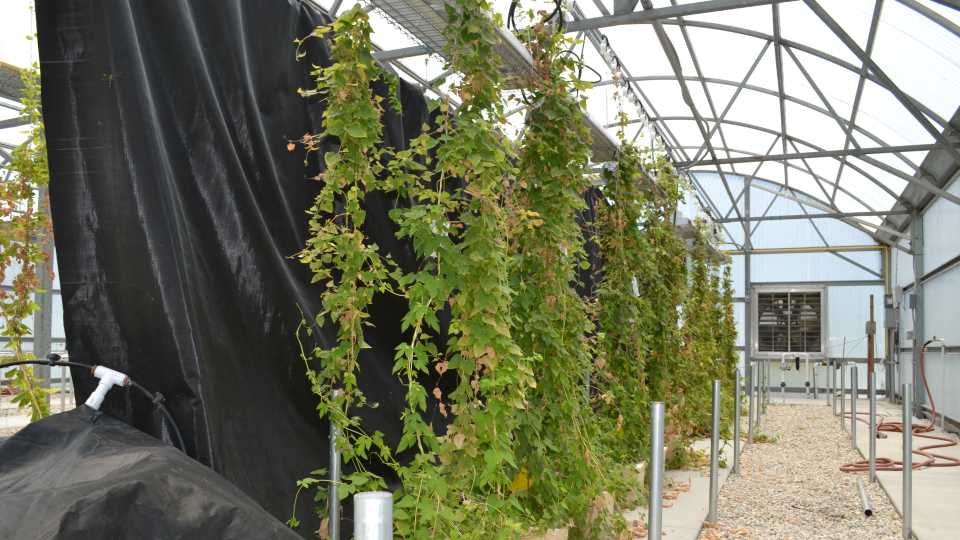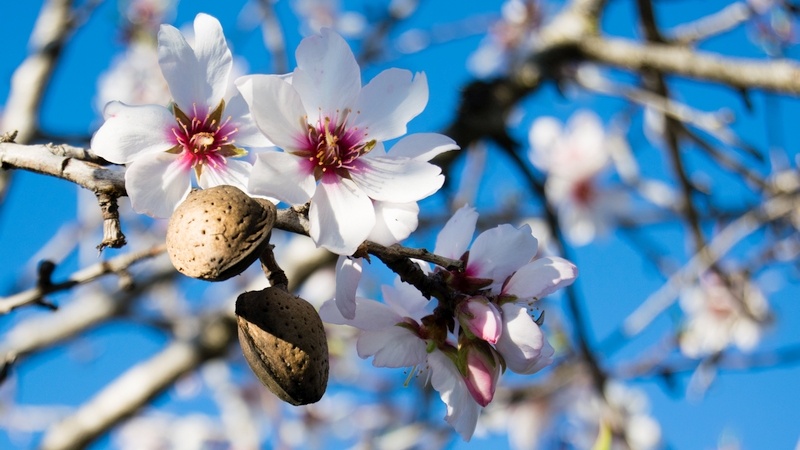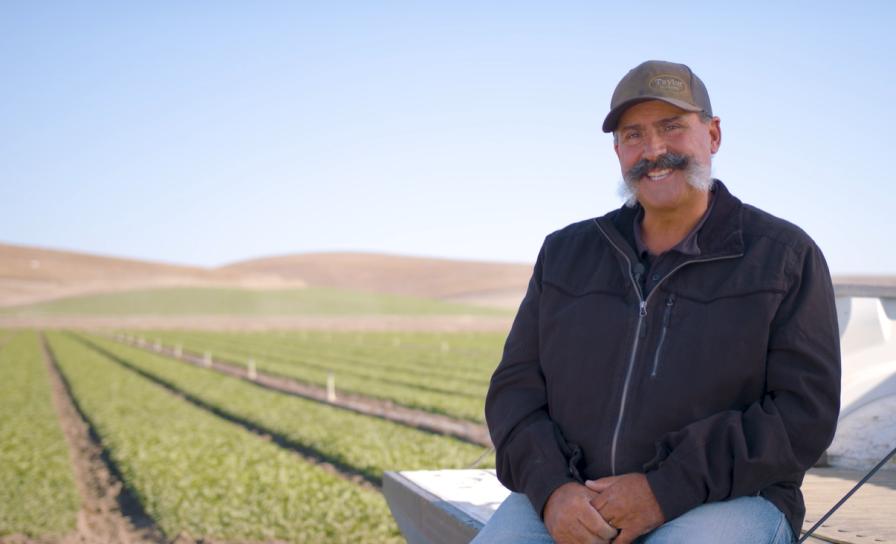Artificial Intelligence Set To Take Lead on Assessing Crop Calamities After Extreme Weather
The impacts from Hurricane Ian are still fresh on the mind of farmers across Florida. Mind-blowing damage estimates have been fluid since the Category 4 storm struck in late September. Those estimates, which are based on farmer surveys, are critical for growers in order to file insurance claims and apply for aid. A new project led by University of Florida research aims to help with that process using artificial intelligence.
UF/IFAS scientist Yiannis Ampatzidis is looking to develop a computer model to count damaged or dead crops in the wake of extreme weather events. Ampatzidis has received a nearly $300,000 grant from USDA’s National Institute of Food and Agriculture to make this happen. The Associate Professor previously developed related AI technology for use in the field (Agroview and AgroSense).
Agroview takes aerial and ground images to determine fruit-tree characteristics, such as height, canopy size, leaf density, health and the number of fruit.
AgroSense is a ground-based, AI-enhanced sensor that tells tree-crop sprayers to apply pesticide only to existing trees. The technology also tells sprayers what not to spray, including poles, pumps, and dead trees.
“The use of this novel technology in commercial fields is expected to help specialty crop growers rapidly calculate losses and better communicate recovery needs to ensure business viability,” Ampatzidis says. “It will also minimize interruption to the U.S. produce supply chain due to unexpected weather and climatic events.”
Over the next three months, Ampatzidis and his team will gather aerial and ground images of tomatoes, peppers, and citrus on farms in South and Central Florida. Six to eight months after the first round of data-gathering, scientists will return to the same farms to collect more images and data.
Scientists will develop and train an AI model to analyze the images from Agroview and AgroSense, according to Ampatzidis. The AI technology will then be able to automatically recognize and detect damaged crops, fallen trees, broken limbs, ruined tomato and pepper plants, fallen trees, and flooded areas.
Ampatzidis and his research colleagues plan to tell growers about their findings, in hopes they can move to recoup their losses faster.
Stay tuned for more on this AI technology.









